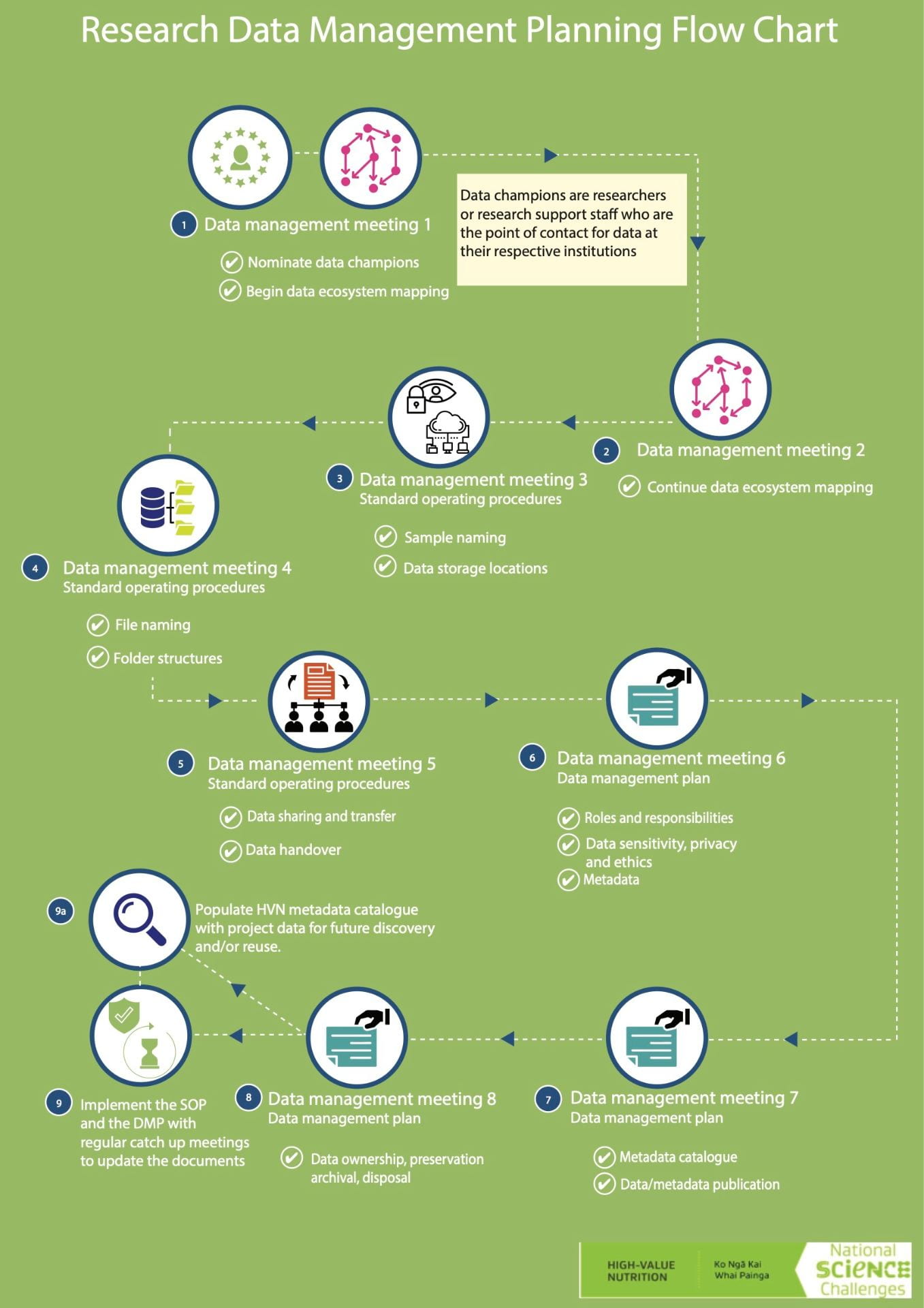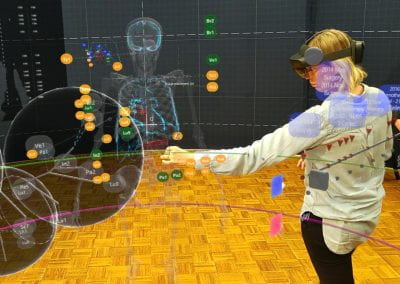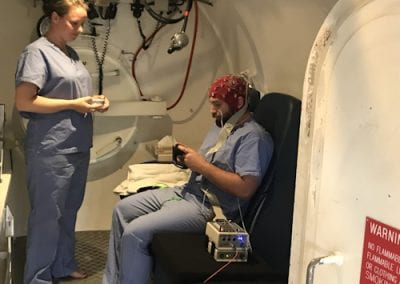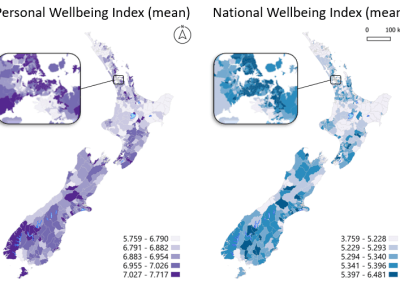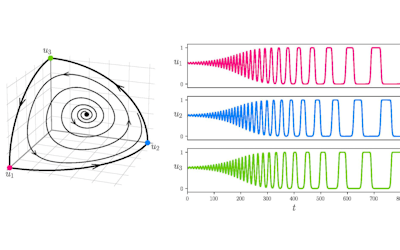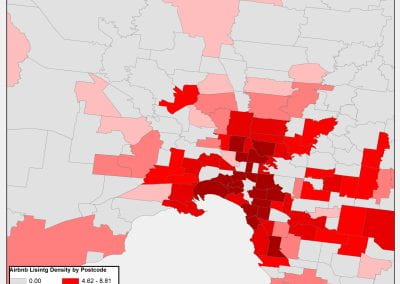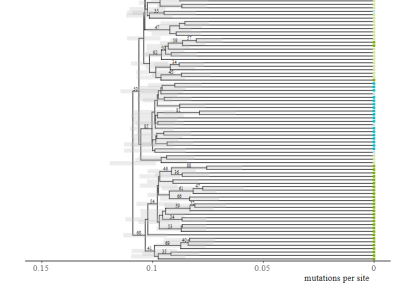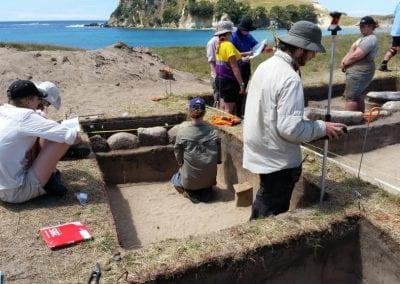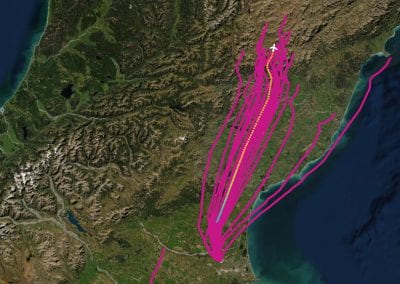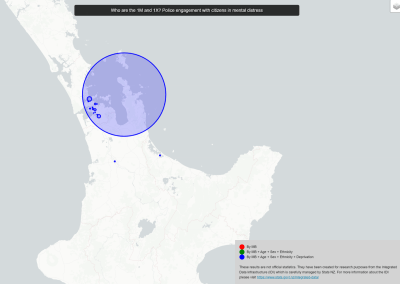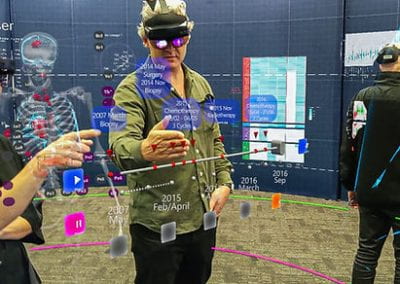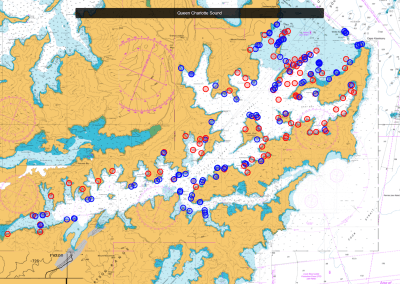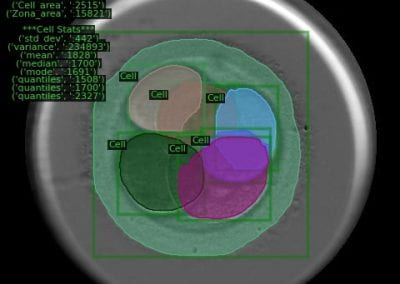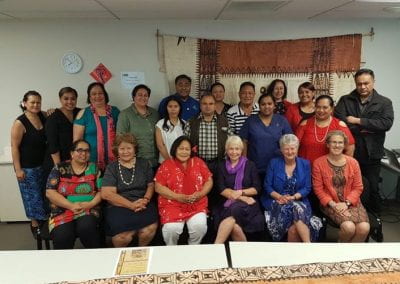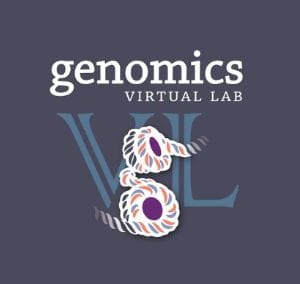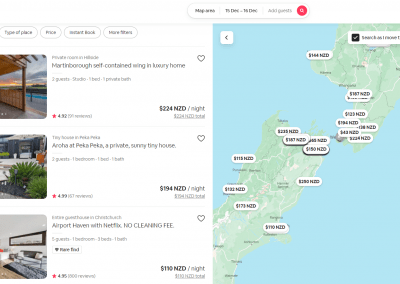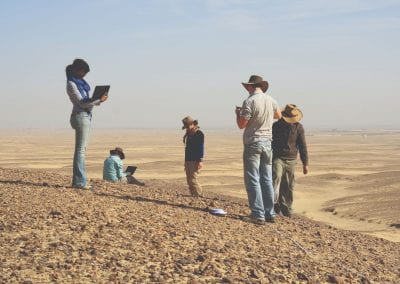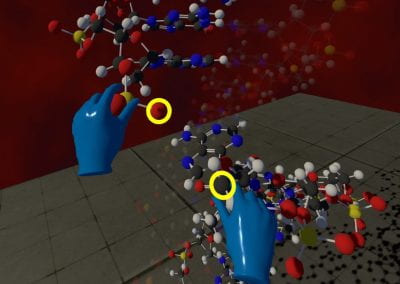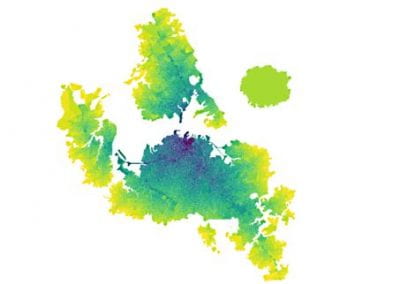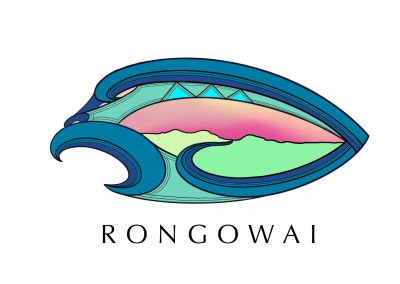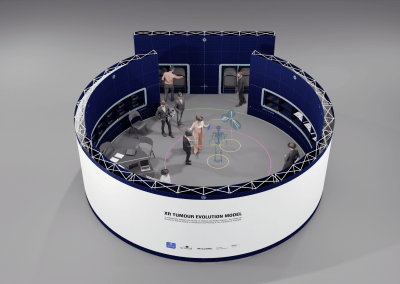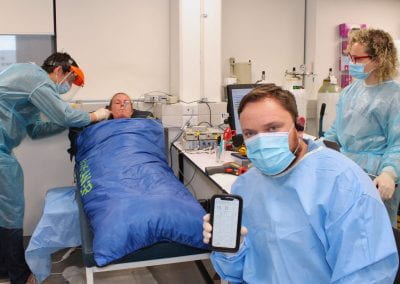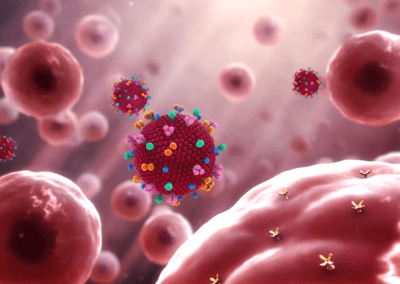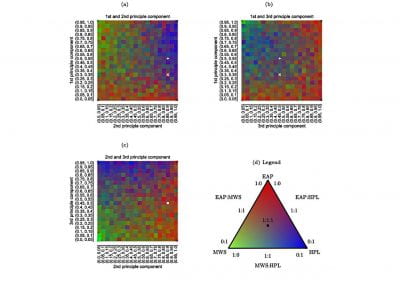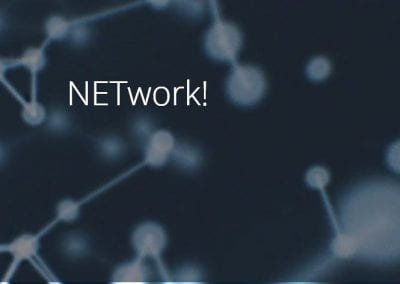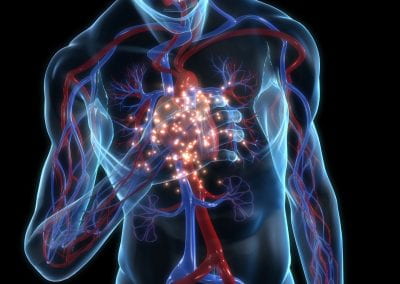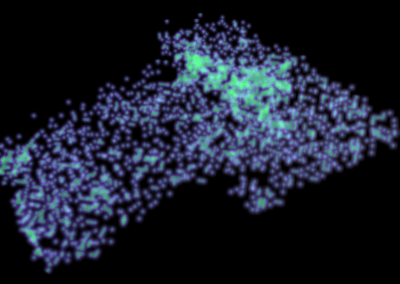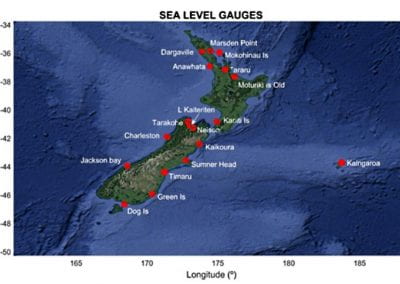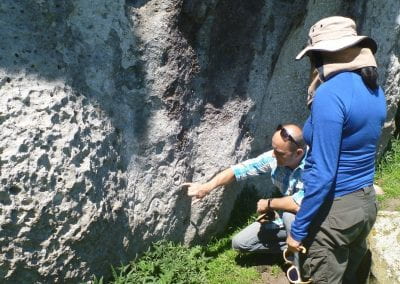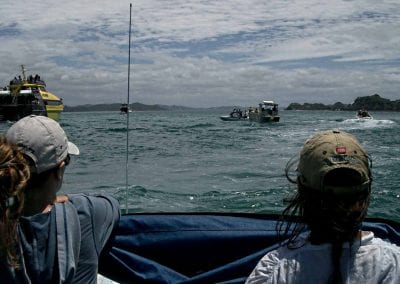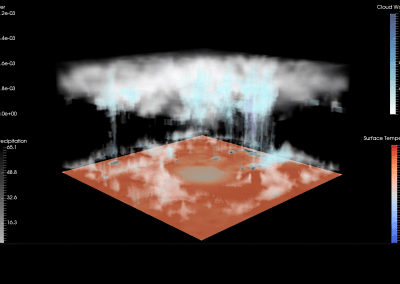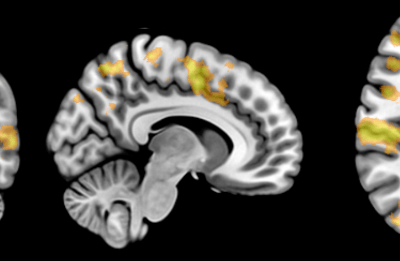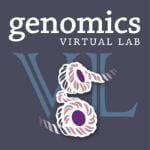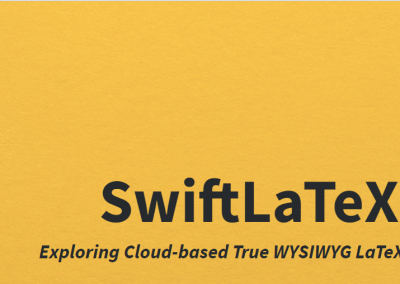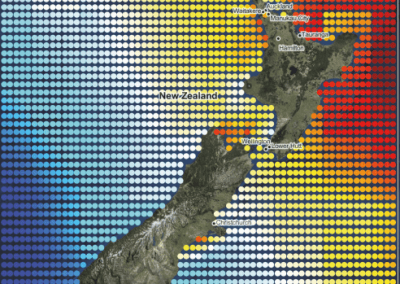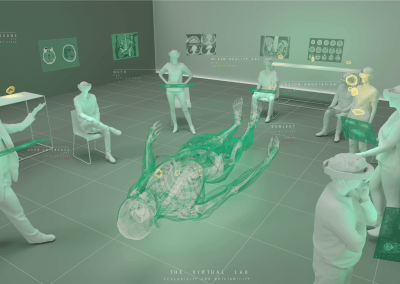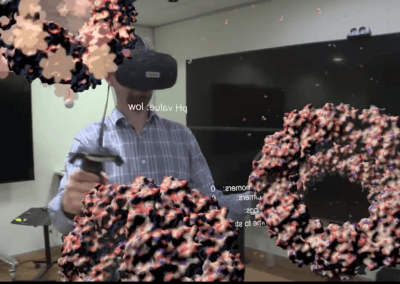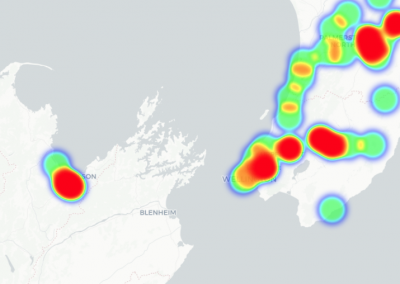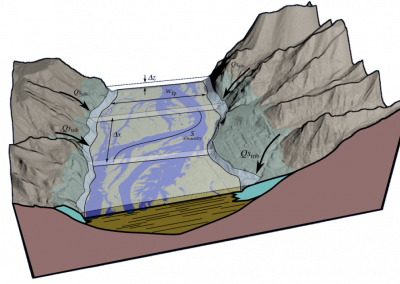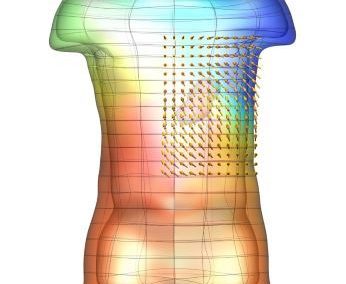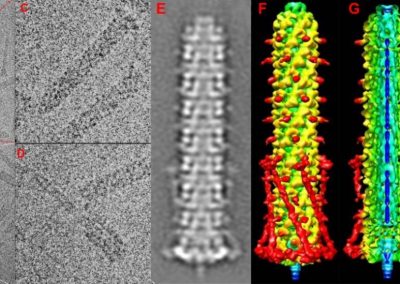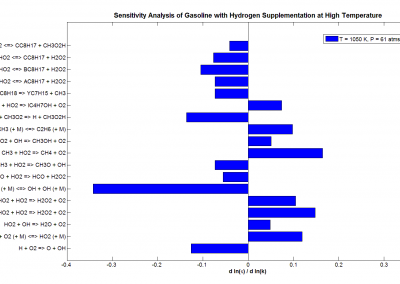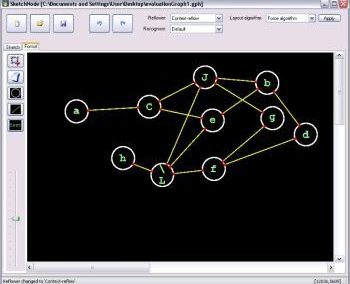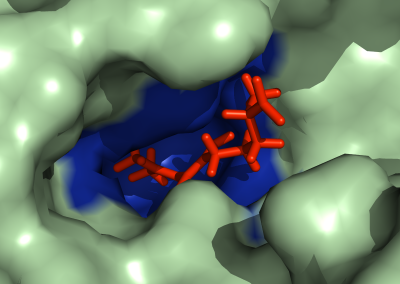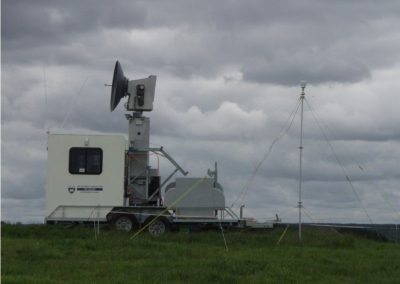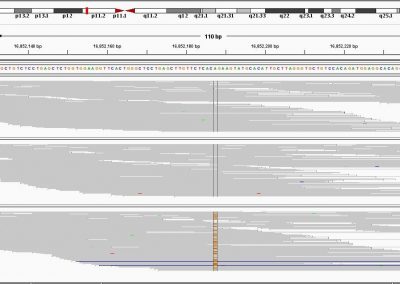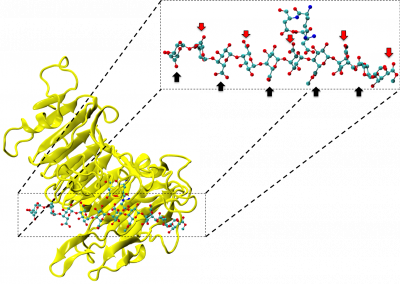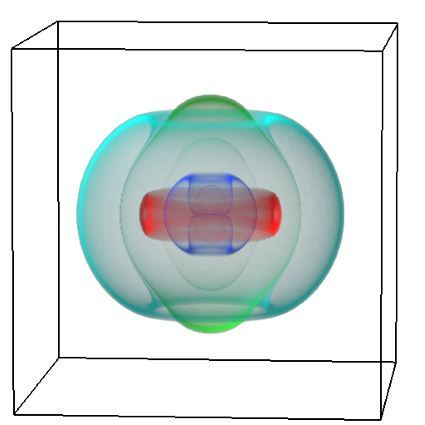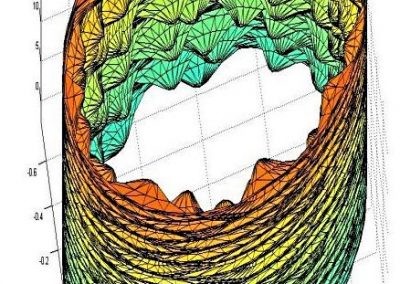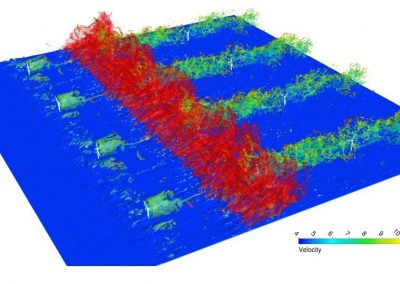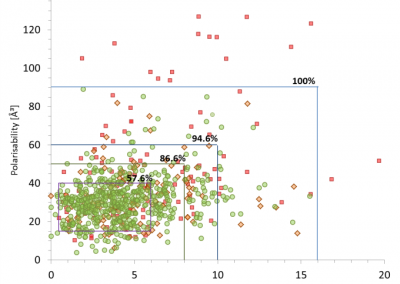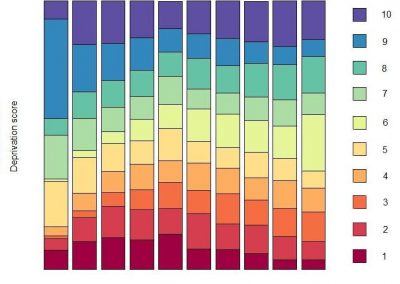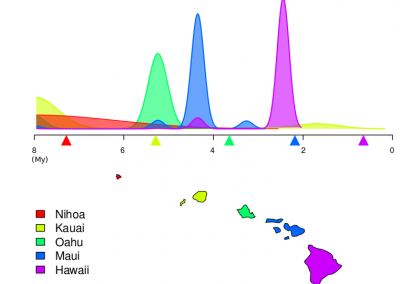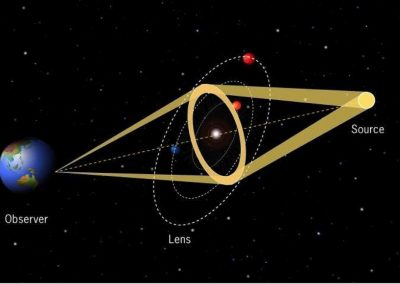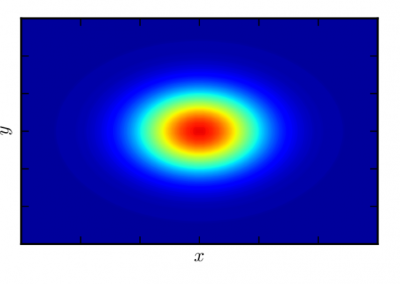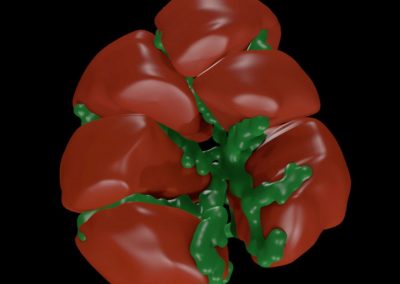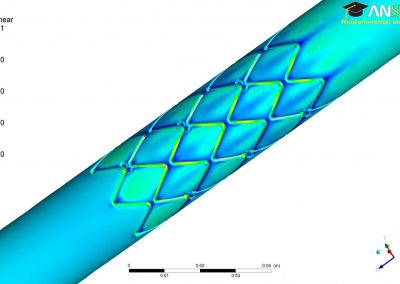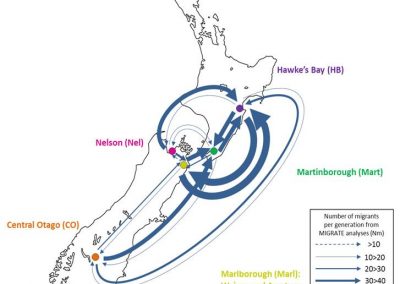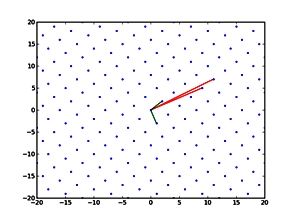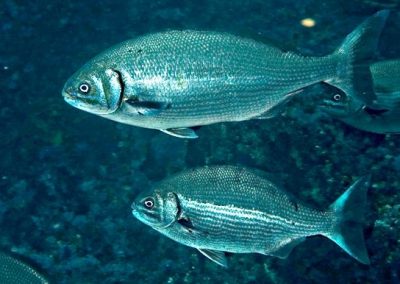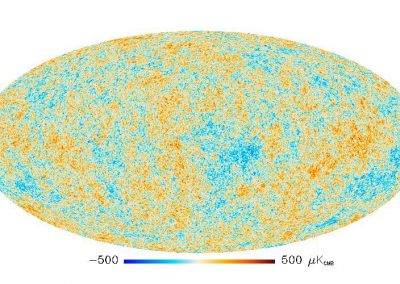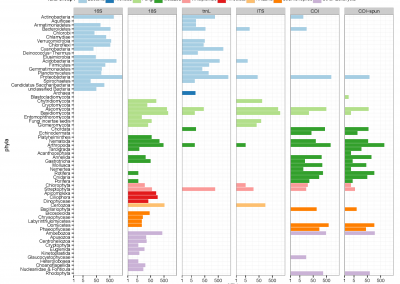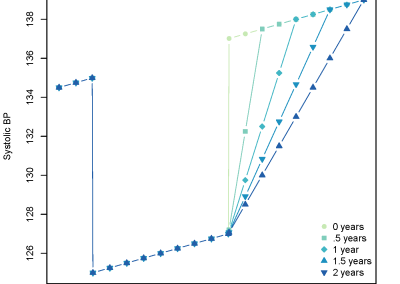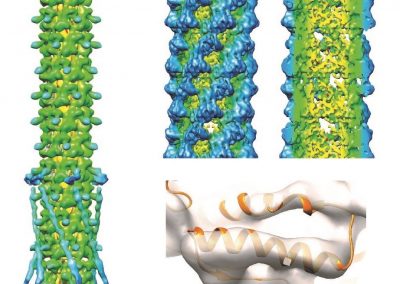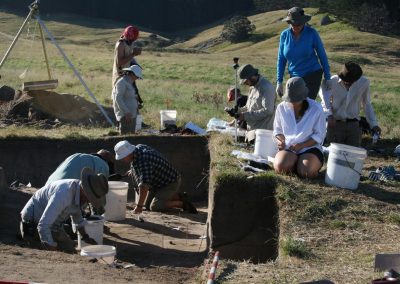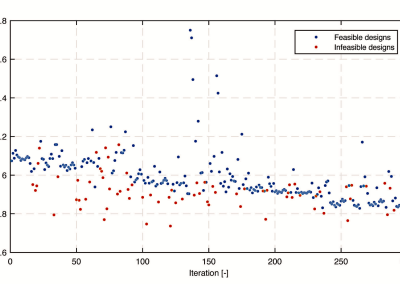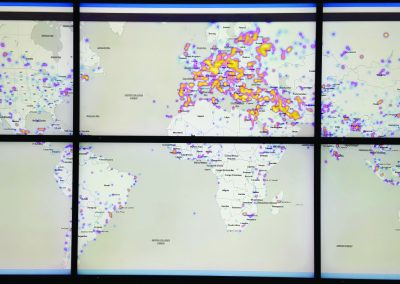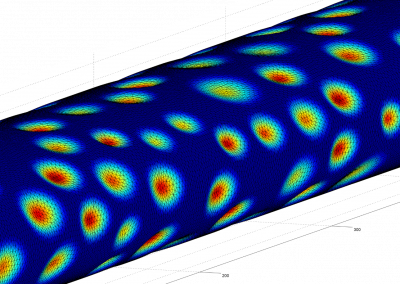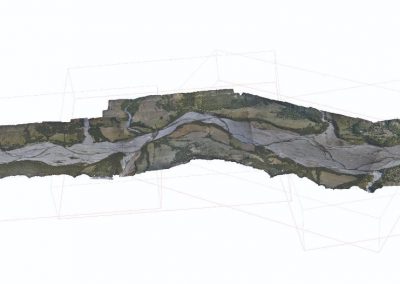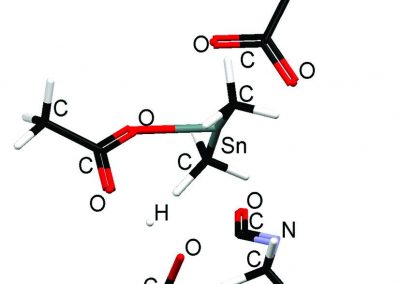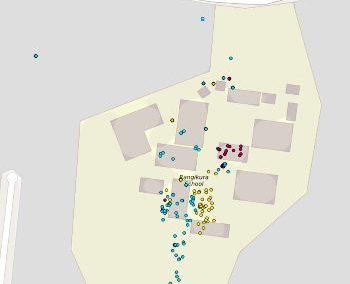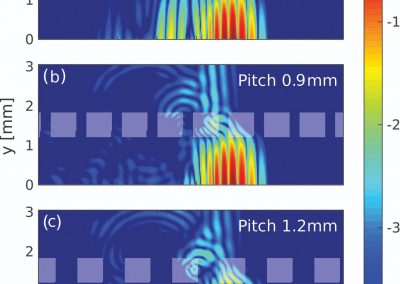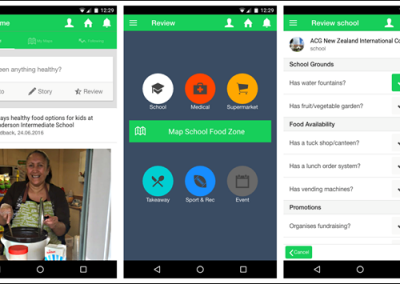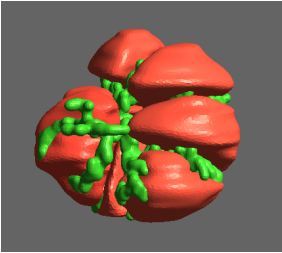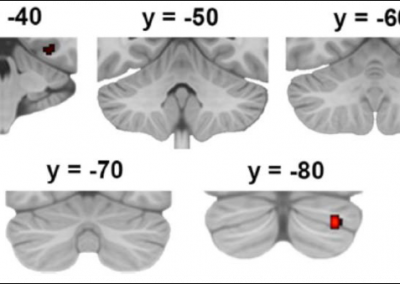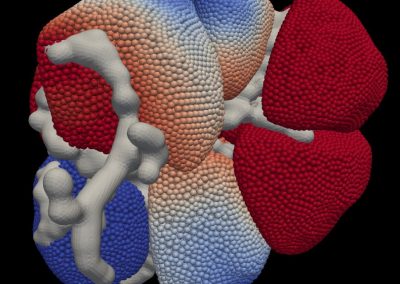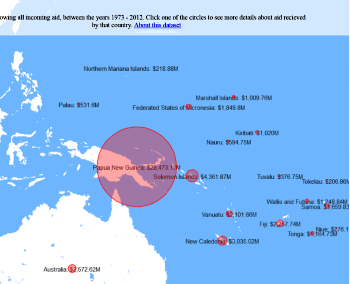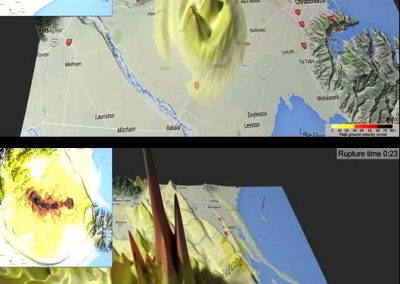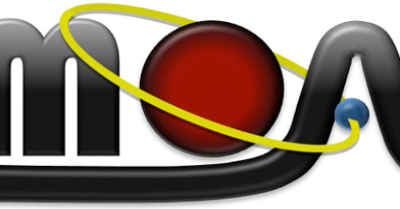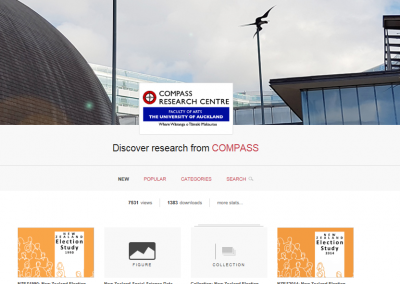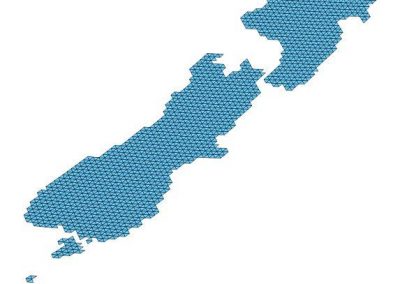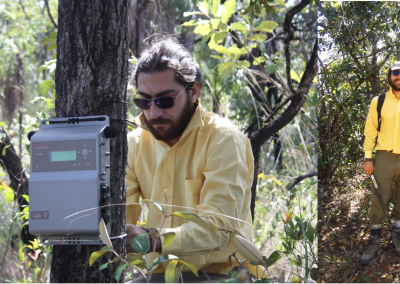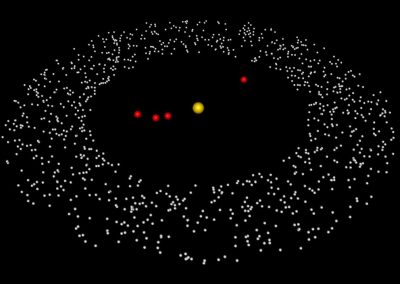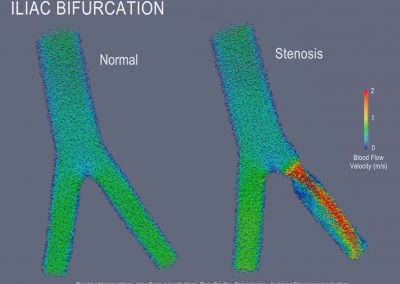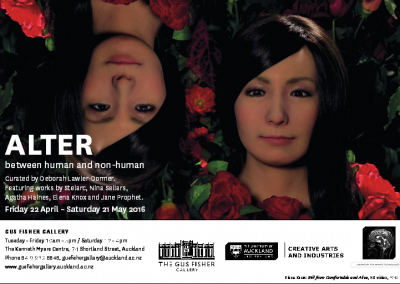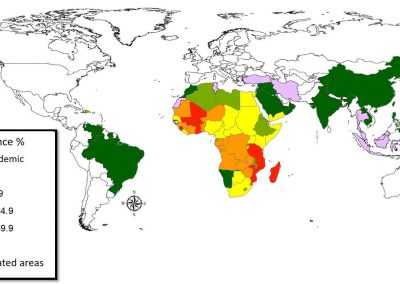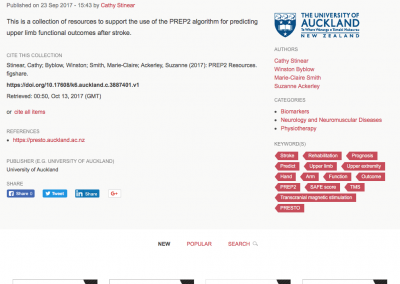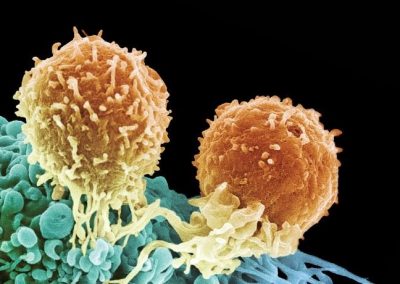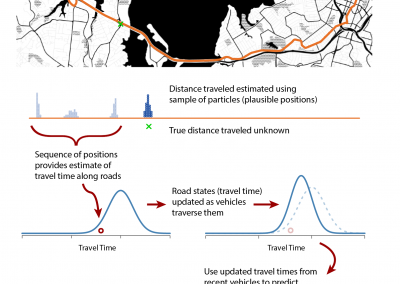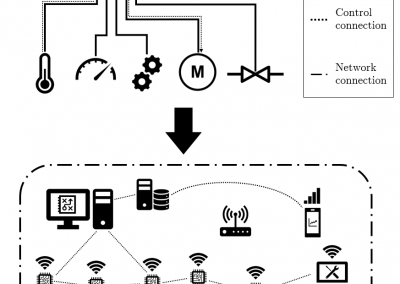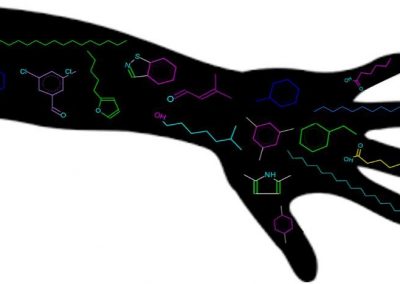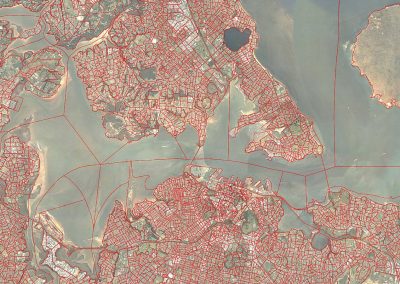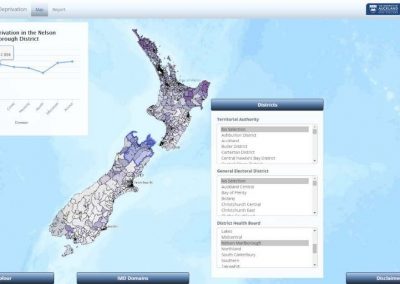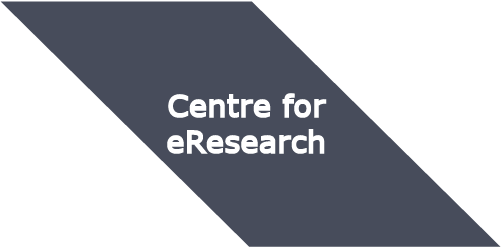
Data maturity project in High Value Nutrition (Phase 2) – National Science Challenge
Dr Dharani Sontam, Yvette Wharton, Professor Mark Gahegan, Centre for eResearch; Dr Simmon Hofstetter, Operations Manager, Professor Richard Mithen, Liggins Institute and Joanne Todd, Challenge Director, High Value Nutrition, National Science Challenge

About High-Value Nutrition Ko Ngā Kai Whai Painga
High-Value Nutrition Ko Ngā Kai Whai Painga (HVN) is one of 11 National Science Challenges the Ministry of Business, Innovation and Employment (MBIE) established to tackle New Zealand’s biggest issues and opportunities. It’s mission is “to grow the science excellence and knowledge New Zealand needs to create and deliver food to the world” by building a systems-level understanding of nutrition and health. The mission includes a focus on increasing export revenues from the country’s Food & Beverage sector.
Data maturity in HVN
Integration of multi-dimensional datasets and collaboration across multi-disciplinary and cross-institutional teams can only be achieved through a data management strategy that facilitates frictionless data sharing. Following an introductory workshop on data maturity delivered by the Centre for eResearch (CeR), the HVN Directorate identified an opportunity to review and raise data maturity within HVN.
We began our work with a situational analysis of current data management practices in the four priority research programmes (PRPs): Infant Health, Metabolic Health, Digestive Health and Immune Health. We consulted with researchers, research support staff, doctoral candidates, the Science Leadership Team (SLT) and the Directorate for their views, understanding and approach on data management and maturity. We adopted a modified version of CMMI institute’s data maturity framework (DMM) to assess the maturity level of the organisation along five themes:
- Data governance
- Data quality
- Data management
- Platforms and infrastructure
- Data operations
With the challenge’s data goals and its data management needs in mind, we crafted a proposal to streamline data management practices and raise the data maturity within the organisation.
We are currently in the execution phase following the acceptance of our proposal. This phase involves:
- Streamlining data management practices in HVN, which will be accomplished through creating standard operating procedures (SOPs), data ecosystem maps and data management plans (DMPs) tailored to the needs of the research projects.
- Creating a metadata catalogue for digital research data emerging from major projects in HVN.
We began our data management work with two projects chosen by the Directorate and the SLT, engaging with the project researchers and co-designing solutions to the data issues that arose from our discussions. We held regular workshops with the data champions – researchers and research support staff who are the points of contact for data at their respective institutions. During this process data flows were mapped, sample and file naming schema were agreed upon, data sharing tools and solutions were discussed, questions around data preservation and publication were raised and pain points in the data flows were identified. These meetings were also used to upskill researchers on research data management topics including FAIR (Findable, Accessible, Interoperable and Reusable), CARE (Collective benefit, Authority to control, Responsibility and Ethics), Māori data sovereignty principles, data publishing, and copyright. As a result, SOPs, data ecosystem maps and data management plans (DMPs) are now in place for the chosen projects.
We have also designed data management templates and guides to be disseminated across the wider HVN challenge (figure 1). The aim of these templates is to equip project research personnel with the knowledge and materials necessary to plan for their research data throughout its lifecycle. The second arm of our work involves the creation of a metadata catalogue for digital research data, for projects in HVN. Metadata is structured information that makes it easier to locate, retrieve, understand and use specific data. It plays a vital role in making research data FAIR. The metadata catalogue will be a searchable record of descriptive information about the projects and datasets in HVN. As with the data maturity work, this will begin with consultations with all the key research personnel and relevant stakeholders to understand their requirements. Currently, consultation has begun to develop the requirements, standards and identification of a suitable place to host the metadata. Our data maturity work’s overarching aim is to make digital research data generated in HVN be FAIR and CARE compliant where feasible. We support HVN in their efforts to realise the maximum value from their research, now and in the future.
See more case study projects

Our Voices: using innovative techniques to collect, analyse and amplify the lived experiences of young people in Aotearoa
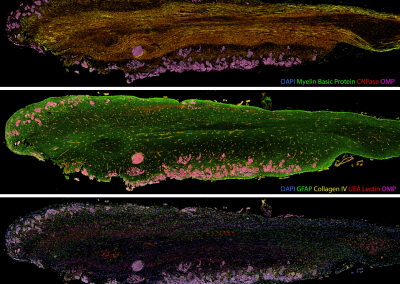
Painting the brain: multiplexed tissue labelling of human brain tissue to facilitate discoveries in neuroanatomy

Detecting anomalous matches in professional sports: a novel approach using advanced anomaly detection techniques

Benefits of linking routine medical records to the GUiNZ longitudinal birth cohort: Childhood injury predictors
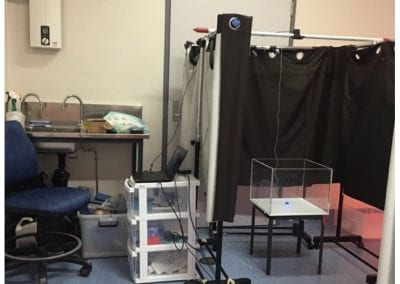
Using a virtual machine-based machine learning algorithm to obtain comprehensive behavioural information in an in vivo Alzheimer’s disease model
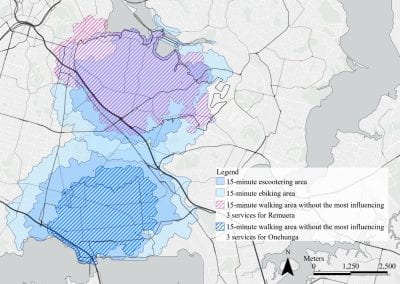
Mapping livability: the “15-minute city” concept for car-dependent districts in Auckland, New Zealand
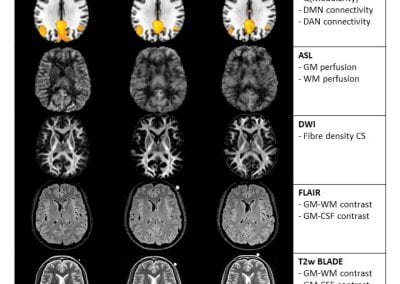
Travelling Heads – Measuring Reproducibility and Repeatability of Magnetic Resonance Imaging in Dementia
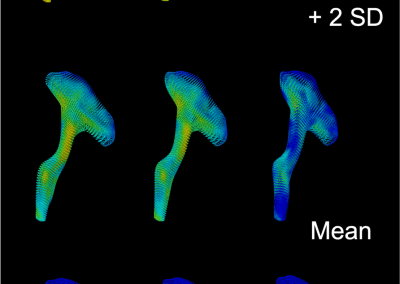
Novel Subject-Specific Method of Visualising Group Differences from Multiple DTI Metrics without Averaging

Re-assess urban spaces under COVID-19 impact: sensing Auckland social ‘hotspots’ with mobile location data
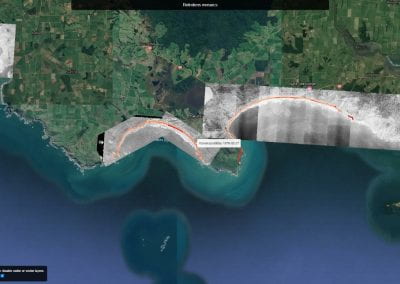
Aotearoa New Zealand’s changing coastline – Resilience to Nature’s Challenges (National Science Challenge)
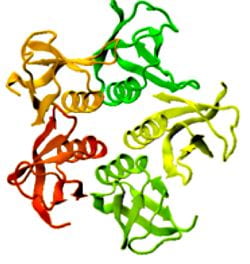
Proteins under a computational microscope: designing in-silico strategies to understand and develop molecular functionalities in Life Sciences and Engineering
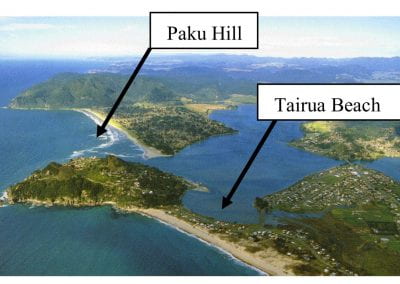
Coastal image classification and nalysis based on convolutional neural betworks and pattern recognition
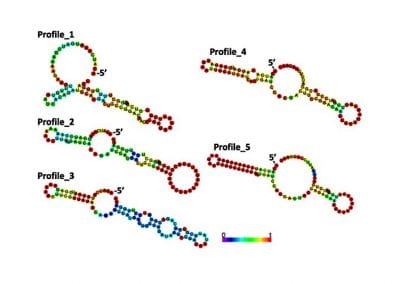
Determinants of translation efficiency in the evolutionarily-divergent protist Trichomonas vaginalis
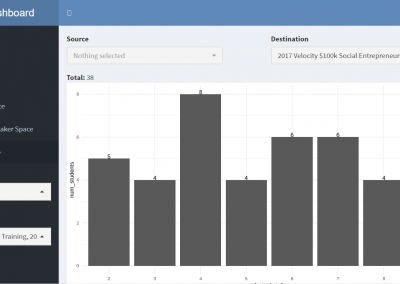
Measuring impact of entrepreneurship activities on students’ mindset, capabilities and entrepreneurial intentions

Using Zebra Finch data and deep learning classification to identify individual bird calls from audio recordings
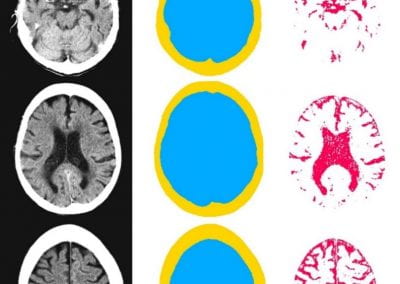
Automated measurement of intracranial cerebrospinal fluid volume and outcome after endovascular thrombectomy for ischemic stroke
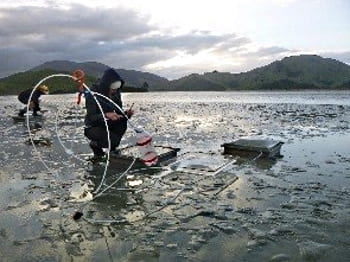
Using simple models to explore complex dynamics: A case study of macomona liliana (wedge-shell) and nutrient variations
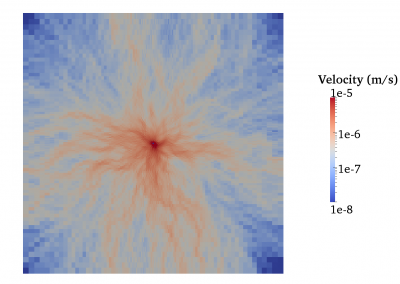
Fully coupled thermo-hydro-mechanical modelling of permeability enhancement by the finite element method
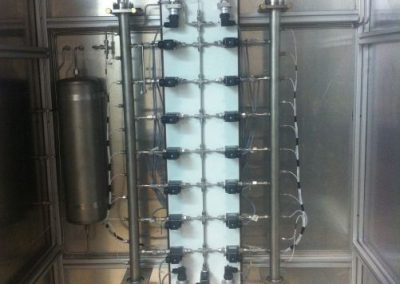
Modelling dual reflux pressure swing adsorption (DR-PSA) units for gas separation in natural gas processing
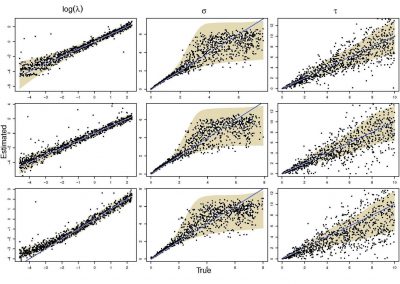
Molecular phylogenetics uses genetic data to reconstruct the evolutionary history of individuals, populations or species
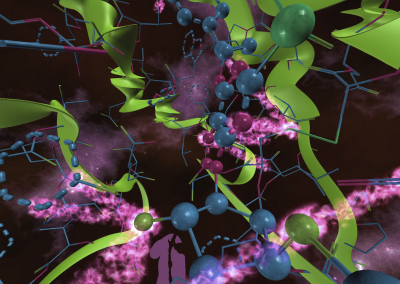
Wandering around the molecular landscape: embracing virtual reality as a research showcasing outreach and teaching tool

